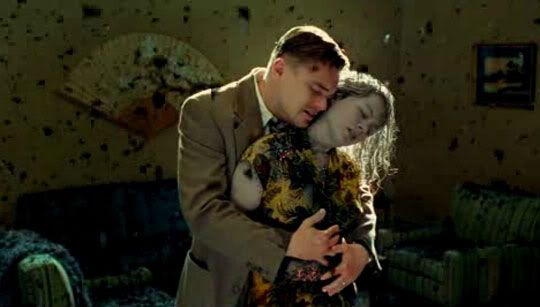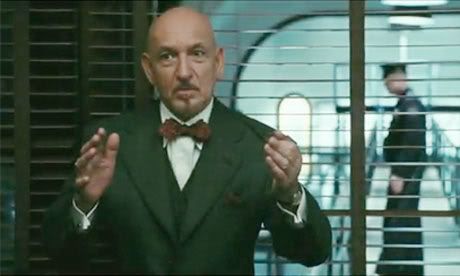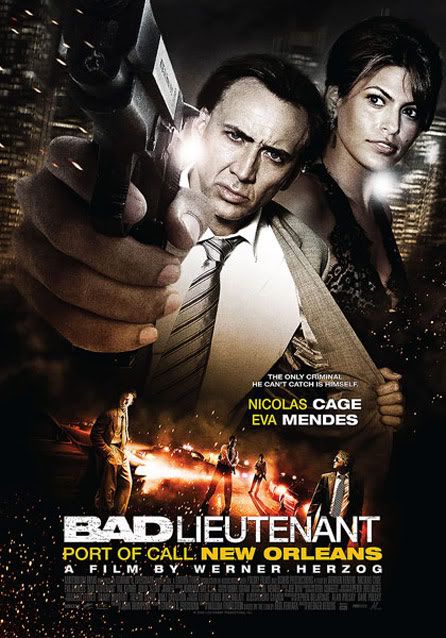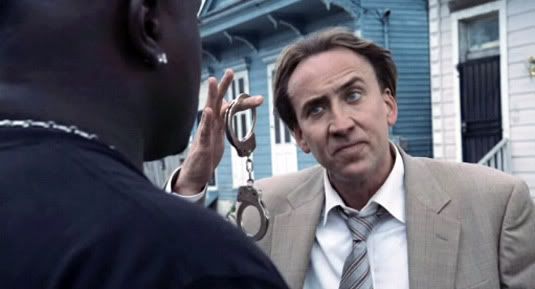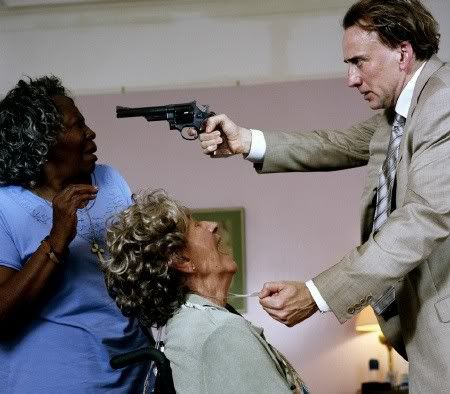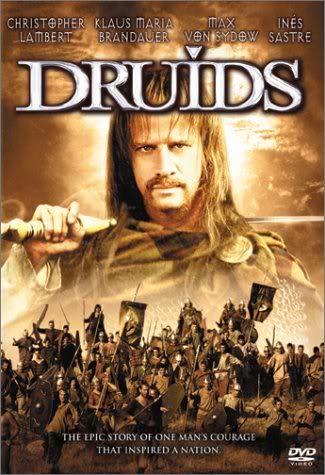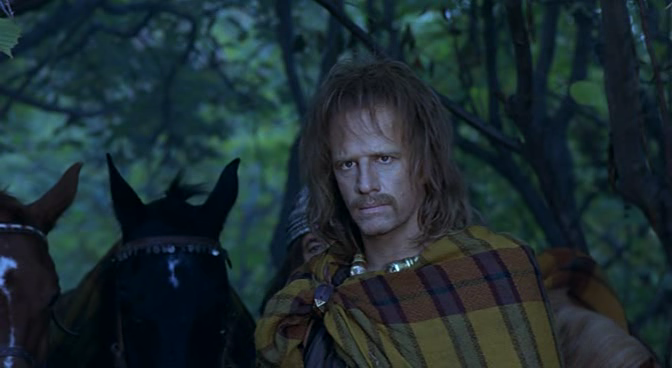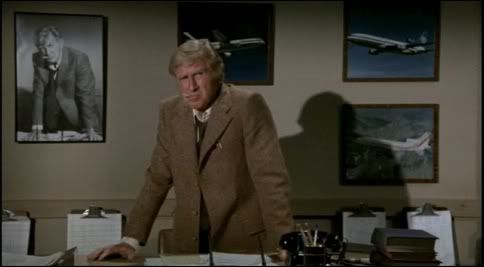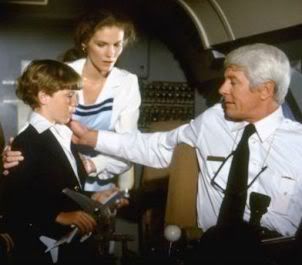
{Audio returns next week.}
Hatred is, unfortunately, nothing new. There are people even today who have built their lives, fortunes and reputations around rhetoric that perpetuates ignorance and blind intolerance. From the Spanish Inquisition to the Nazis, the Crusades to Mao’s Great Leap Forward, sooner or later somebody somewhere is going to react in a violent and ugly fashion to somebody who’s different. It falls to those of us with tolerance, love for our fellow man and enough wherewithal to keep the things that actually matter in mind to combat this fear and hatred any way we can – even if it’s just by taking the piss out of those cretins. Hence, Blazing Saddles.
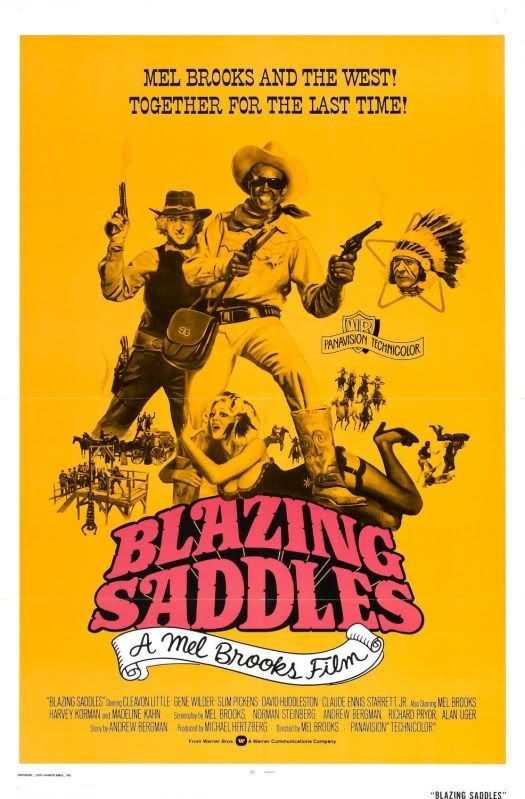
The year is 1874. The location, an unnamed territory of the American West. The attorney general of the territory, Hedley Lamarr (no relation to the similarly named actress of the 70s), wants to cultivate the land with railways to earn himself even more wealth than he already has. Standing in the way of his railroad is the quaint frontier town of Rock Ridge. When their old sheriff is murdered in an attack by Lamarr’s goons, they wire the governor for a new one. In his effort to drive out the people, Lamarr conscripts a man named Bart. Bart, incidentally, is black.
At its best, comedy is a way of holding a mirror up to the more absurd aspects of modern life, calling attention to stupid things we take for granted or as the status quo through way of parody or satire. For a long time, the western was seen as perhaps the manliest of the movie genres, with rough and tumble two-fisted fighting men gunning their way to victory. Nearly every single one was white. Moreover, this was a time when minorities were just beginning to come into their civil rights, yet still had to deal with a great deal of hatred, pre-conceived notions and harsh epithets. Enter legendary comedic film-maker, biting satirist and prominent Jewish-American Mel Brooks. It takes perhaps a particular kind of genius or insanity to look at the litany of Western cinema up until this point, and say “You know what? Why don’t we have a black guy in the lead role?” You can guess how some people reacted.
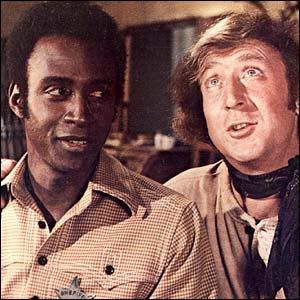
This is a point covered in the movie, and in fact directly addressed in an exchange between Bart, played quite well by Cleavon Little, and the always memorable Gene Wilder as Jim the Waco Kid. I won’t spoil the line, as it’s one of many great ones in the flick, but suffice it to say Jim hits the nail directly on its racist head. The very notion of the black leading man with a white sidekick can be amusing enough to consider on its own, but with these two actors the combination’s dynamite. They have great chemistry which only makes the punchlines funnier.
Considering the amount of comedic firepower Brooks had at his disposal it’s no wonder Blazing Saddles is thought of by many as his best work. Harvey Korman adds the perfect mix of presence and insanity to Hedley Lamarr, the townsfolk of Rock Ridge are great and Madeline Kahn nearly stops the show as Bavarian bombshell Lily von Shtupp. Not because she’s devastatingly sexy, though she is in her prime here – it’s because she is, like so many other things in the movie, pointing out something just a tad absurd. Like stopping in the middle of a rustic narrative to have a good-looking woman do a song and dance routine. It’s out of place in most serious films; but here, with Lily sounding more like a dying badger than a breathless lady of the evening, it’s just funny. It takes talent to sing; it takes real talent to deliberately sing this badly.
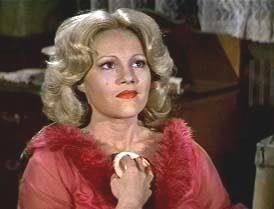
If Blazing Saddles has a flaw it doesn’t manifest itself until halfway through the third act. A sprawling, rolling fistfight for the fate of Rock Ridge spills out of the town – and into a neighboring movie studio. What follows is one of the most complete evaporations of the fourth wall I think I’ve ever seen. Chaos is unleashed upon Warner Brothers studios even going as far as the famous Grauman’s Chinese theatre in Hollywood. It’s known that Brooks was sat down by studio executives before the film was released and given a list of changes they wanted him to make, toning down the racist language and otherwise de-fanging all of the humor. Brooks, who had final say in the cut of the film, diligently took notes at this meeting, and when it was concluded, threw his notes in the garbage. This sudden shift at the end of Blazing Saddles could be Brooks taking a shot at the excesses, expectations and general idiocy he saw in the studio system. Or he could just have trouble ending his movies.
Either way, Blazing Saddles is hysterical from beginning to end. A tightly-written script assisted by Richard Pryor (excepting perhaps that last bit) is packed with humor ranging from the aforementioned epithets to what some consider the very first cinematic fart joke. This stands with his History of the World Part 1 and Young Frankenstein as some of the funniest parodies ever made. So powerful was the imagery, humor and outright Western silliness of Blazing Saddles that it was many, many years before another serious Western was made in Hollywood. For all these reasons and more, it’s a movie that belongs on your Netflix queue. If you ever look around the world at crimes perpetuated for the sake of hate based on the color of a victim’s skin, their gender or the people with whom they fall in love, I suggest you watch Blazing Saddles. Not only will you find yourself laughing, you’ll be reminded that people who act, think and speak based on such hatreds have ignorance and ignorance alone on their side. Mel’s filmmaking, jokes and excellent cast will show you just how short-sighted, misinformed, brutish and downright stupid those morons are. And there’s a pretty great pie fight at the end, complete with Adolf Hitler.
Don’t ask. Just watch the flick.
Josh Loomis can’t always make it to the local megaplex, and thus must turn to alternative forms of cinematic entertainment. There might not be overpriced soda pop & over-buttered popcorn, and it’s unclear if this week’s film came in the mail or was delivered via the dark & mysterious tubes of the Internet. Only one thing is certain… IT CAME FROM NETFLIX.


